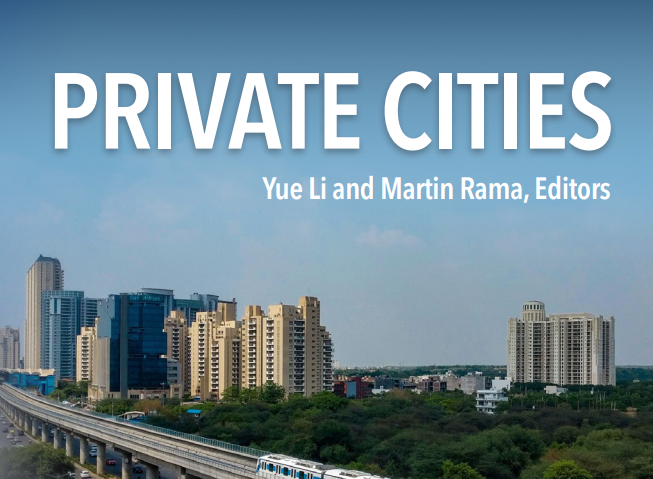
Private Cities: Outstanding Examples from Developing Countries and Their Implications for Urban Policy
According to the World Bank (WB), in the period from 1960 to 2000 the number of urban agglomerations with more than 100,000 inhabitants in developing countries has nearly tripled.
Expected in 2015–2050 The urban population in Asia will increase by 1.3 billion people, in the Middle East and North Africa by 224 million people, and in sub-Saharan Africa by 883 million people. In the current circumstances, the need for sustainable urban development is of particular importance.
Institutional restrictions, weak resource potential impede the effective management of the urbanization process. On the one hand, the growth of urban space, on the other hand, the emergence of closed uncontrolled agglomerations. The new WB publication “Private Cities: Outstanding Examples from Developing Countries and Their Implications for Urban Policy” analyzes the international practice of creating a comfortable urban environment and spatial development with the involvement of private subjects.
As the authors of the publication note, private cities show the greatest economic dynamics, while creating social risks. Among the main problems are the low level of compliance with environmental standards, the growth of social tension due to financial stratification, and an undemocratic management model.



